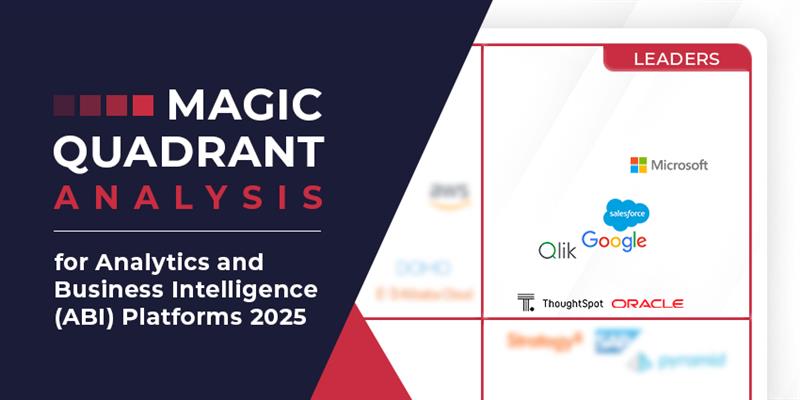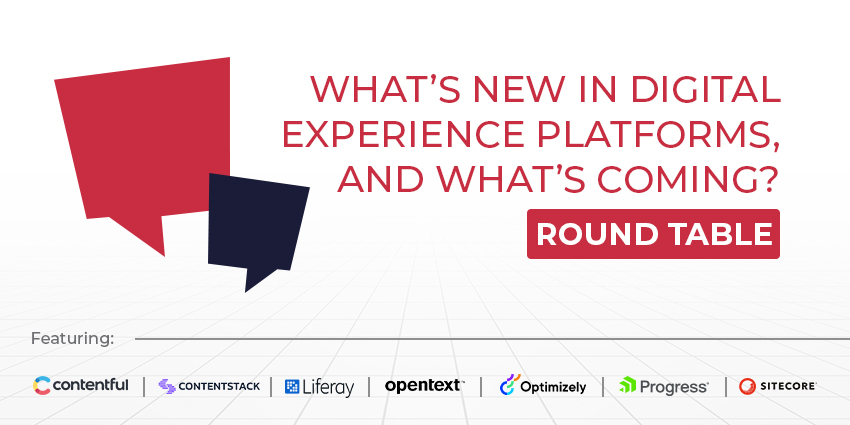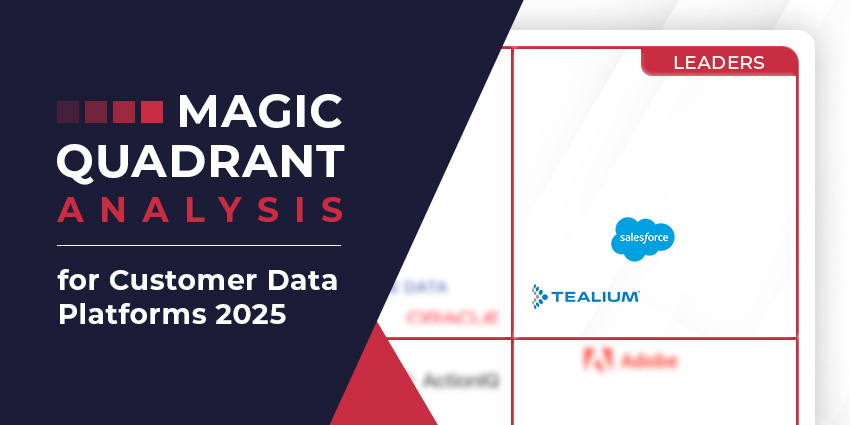Generative Artificial Intelligence is changing the world for the better, right?
So, it’s all good. Nothing to worry about. Enterprise organisations should just kick back and watch the productivity and efficiency gains roll in.
Well, if only things were that simple.
There’s no doubt that GAI does have the power to transform business performance and dramatically enhance the customer experience.
However, for those outcomes to be the ones that are desired, one thing must be front of mind: security.
After all, GAI is only as good as the data upon which it feeds, and everyone knows that data – whether workforce or customer – must be very carefully processed, stored, and shared.
Here, Jennifer Sutcliffe, Vice President of Operations and Control at global enterprise-class contact center provider ComputerTalk, shares her expert insight on how to maximise the GAI opportunity whilst simultaneously guarding against unintended negative consequences…
1. Abide by the local laws
Different countries have different data confidentiality laws, so it is absolutely critical that organisations operating outside their own country know what they are and don’t break them. As GAI becomes more prevalent, those laws are only likely to become more in number and probably more complex. For global organisations, those country-specific laws may even be contradictory to each other. Pay close attention to the evolution of global data regulations – particularly in the territories where you do business – and always keep in mind that GAI is the single most likely aspect of your organisation to inadvertently cause what could be a very costly breach.
2. Encrypt, encrypt, encrypt
An organisation’s data is its most valuable asset and must be protected from breach and theft at all times. Encryption is part of that protection process and is even more important in the context of GAI. Always store data where it is encrypted and always put in place walls to ensure that it is separated appropriately – both when at rest and when in transit.
3. Take your time
Avoid the temptation to develop and deploy GAI at speed. Yes, the benefits are significant and you’re right to want to start capitalizing as soon as possible, however data protection must be the priority first. It’s best to set up your data protection processes before you push the GAI button. If your organisation has not yet embarked on a GAI journey, it is likely that it is only a matter of time before it does. So, begin that vital work on your security now.
4. Quality control
The quality of GAI output is wholly dependent on the quality of the data it has to work with, so avoid confusing it with contradictory or inaccurate information. When an organisation is inputting data, it should be reviewed in order to confirm that it is correct and of a high-quality. Give GAI access to incorrect data and all kinds of problems can begin to occur. It’s particularly important to understand that open GAI can have very harmful effects like bias amplification, misinformation by propagating fake news, and intellectual property infringement. As consumers of generative AI output, we should know the risks and be able to recognize output that might be erroneous.
5. Training
Staff – and customers if necessary – need to understand why GAI is being deployed, when and in what circumstances it should be used, and how to get the most out of it. It’s important they understand that it is a tool to help them, not to take over from them. The message should be that GAI is an assistant; to make them more efficient and productive, not something from a futuristic movie where people don’t have jobs. GAI is clever, but that’s never going to happen.
6. Role-based access.
Private information should not be available for everyone within an organisation to view or for GAI to access. For example, only HR staff should have access to workforce salaries and only helpdesk staff whose job it is to solve customer issues should have access to customer information. Everyone’s emails cannot be scraped and placed into a database – that’s not allowed. Organisations need an accountable, cross-functional team which understands those parameters. Many will already have a Head of Security; soon, having a Head of Data will also be the norm.
One more thing…
GAI is going to go from being a baby to a full-grown adult a lot faster than new technologies like cell phones or laptops or fibre TV. Before diving right in, organisations should run their numbers. Is deploying GAI really going to deliver savings? What does the cost/benefit analysis look like? Also, due diligence is vital. Some paid-for GAI products out there are basically ChatGPT with a nicer face. Know what you can get for free versus what you have to pay for. Also, check providers’ own security credentials. Have they had their own security breaches or issues in the past? Do they have appropriate industry certifications? GAI is capable of transforming the fortunes of many businesses if it is deployed in the right way. So, seek out the right partner…
To learn more about how ComputerTalk can help your business safely leverage the power of GAI, click here.







